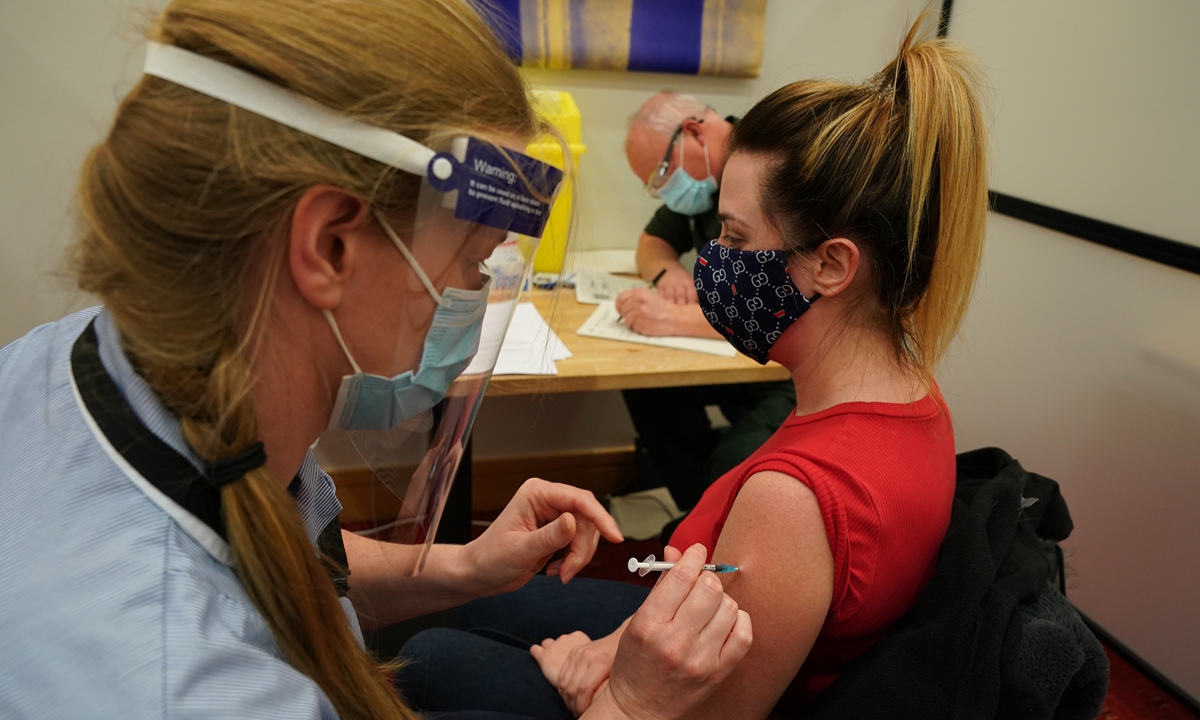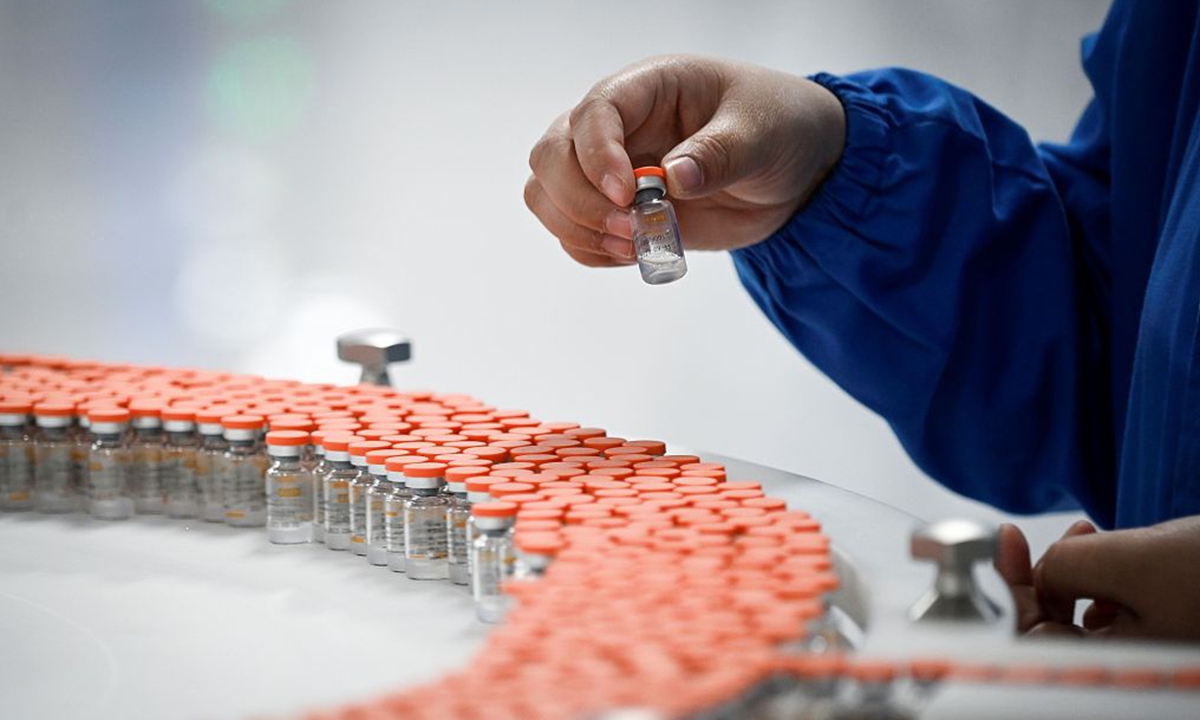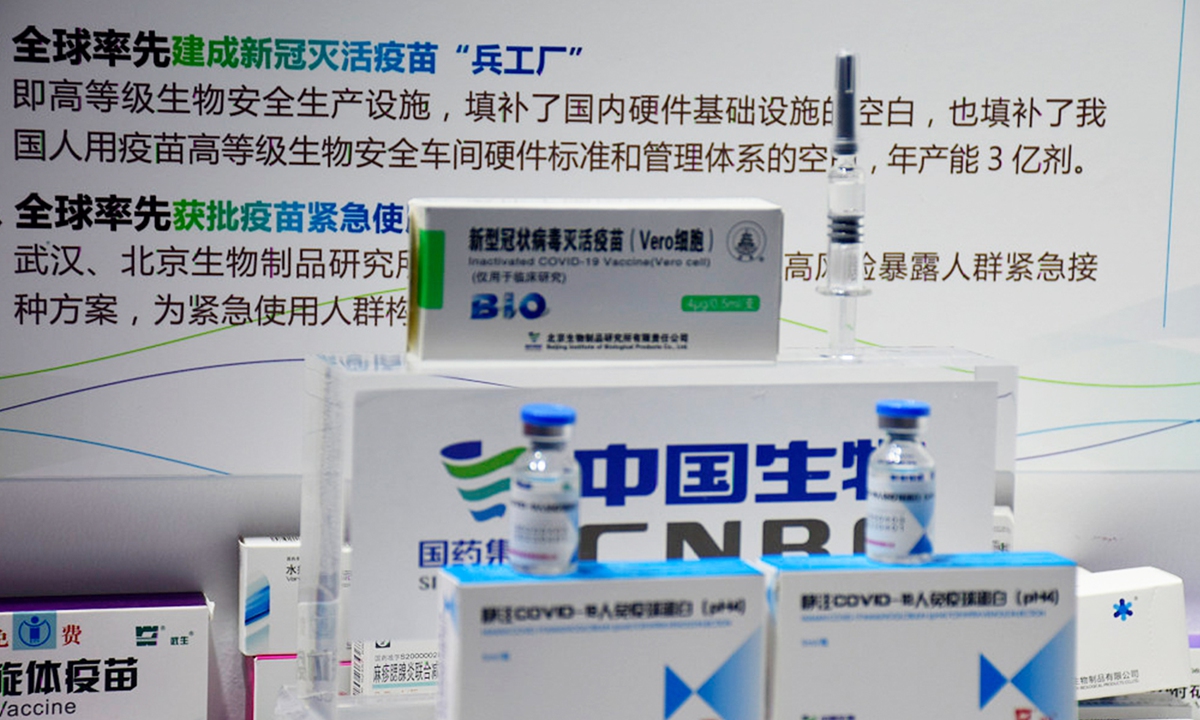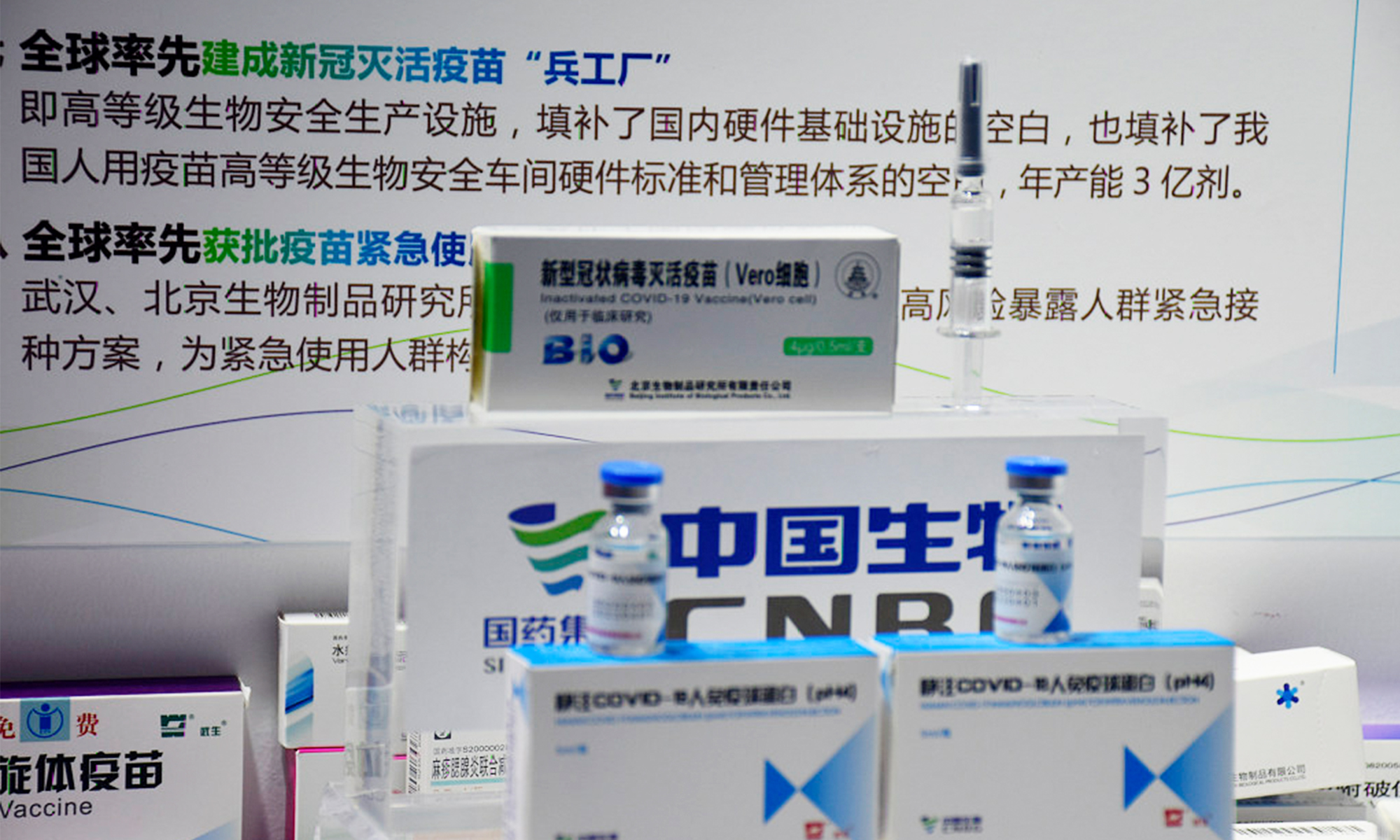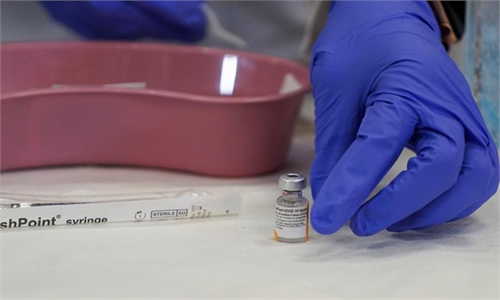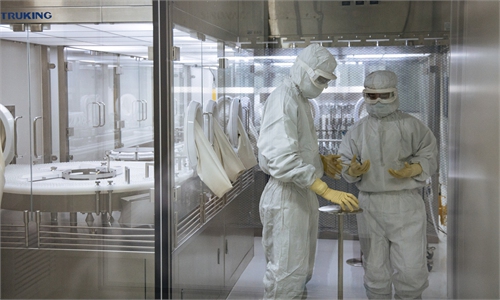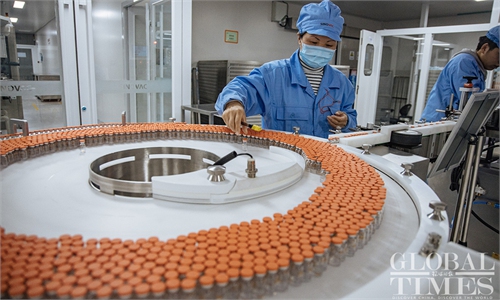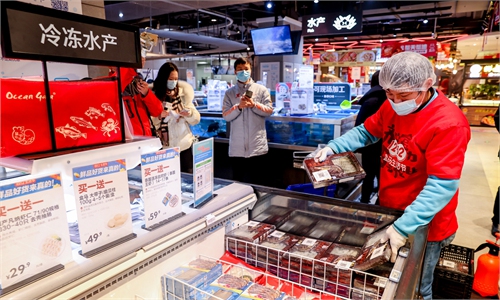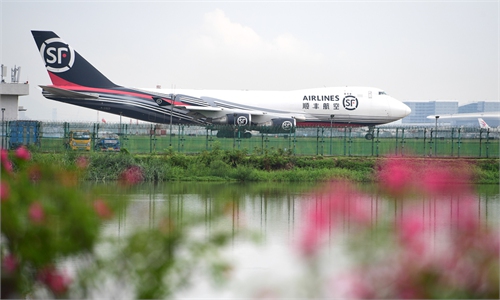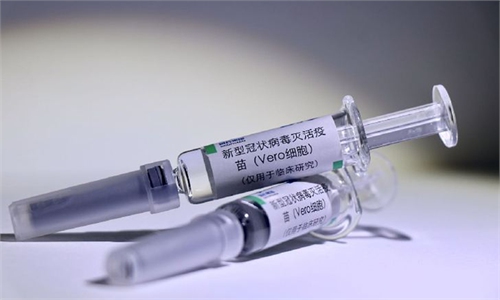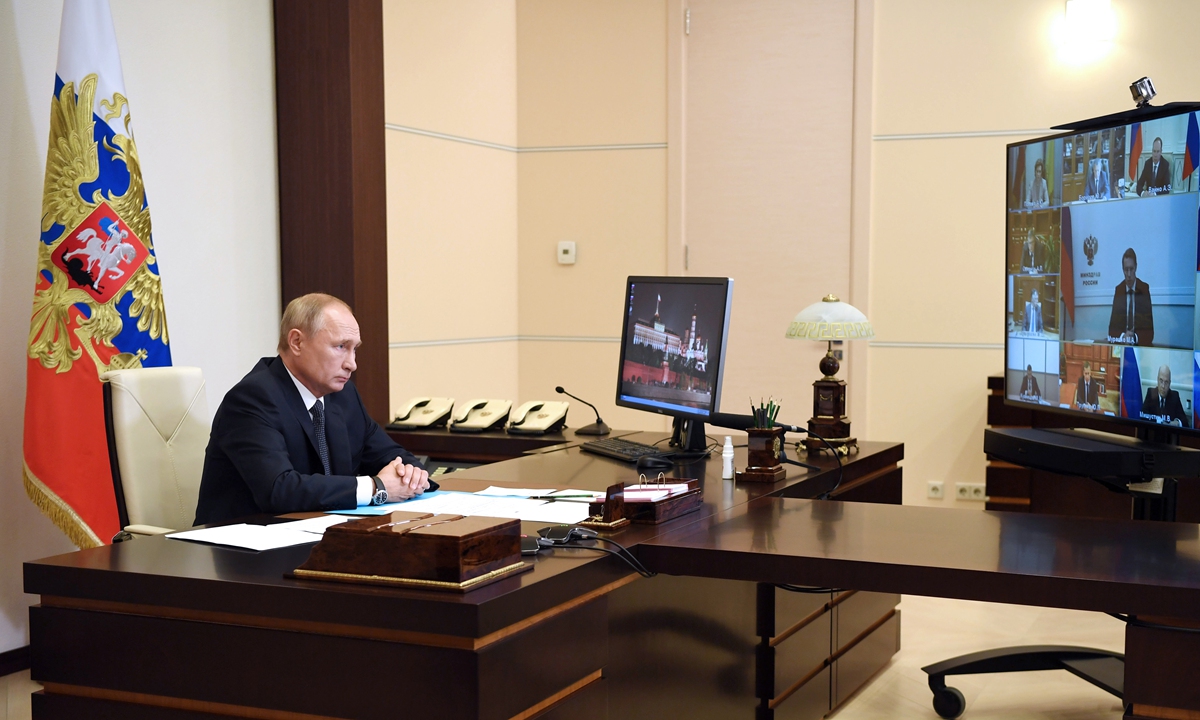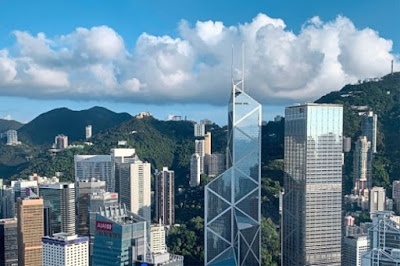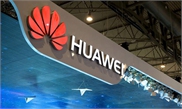 |
Charm offensive: To restore its international
reputation, Huawei’s top guns including the normally reclusive Ren began
to grant interviews to foreign media to address concerns and talk about
the group’s technology edge. — Huawei/AFP
|
CHINA’s Huawei, the world’s largest maker of telecom equipment and second largest manufacturer of smartphones, appears to have cleared some key hurdles with the might of its superfast 5G wireless technology amid relentless attacks by the United States.
The Trump administration has claimed that Huawei poses a potential national security threat. It is lobbying its allies to ban Huawei’s equipment, which Washington alleges could be used by the Chinese government for spying.
The US prosecutors have alleged that Huawei stole trade secrets and worked to skirt US sanctions on Iran. On Dec 1, with the help of Canada, it arrested Meng Wanzhou, chief financial officer of Huawei and daughter of the company founder. She faces extradition to the US to be charged for various offences.
Washington has repeatedly cited a Chinese law passed in 2017 allowing state intelligence agency to compel individual organisations to “provide necessary support, assistance and cooperation” as proof Huawei can’t be trusted.
US Secretary of State Mike Pompeo has warned allies against using Huawei technology, saying it would make it difficult for Washington to “partner alongside them”.
There is also constant reminder that Huawei’s 74-year-old founder Ren Zhengfei was a former engineer in China’s army and joined the Communist Party in 1978, before setting up Huawei in 1987.
In the past one year, the international environment looked hostile and global picture looked grim for Huawei, when New Zealand, Australia and Japan followed the US to block Huawei in 5G involvement in their countries, while European nations led by Britain and Germany placed Huawei under scrutiny.
It looked like this global leader in the fifth generation wireless technology, which has operations in 170 countries, was to lose many potential customers in this non-stop anti-Huawei campaign.
The Chinese tech giant has vehemently denied all accusations by the US, saying these allegations are baseless and not proven. The Chinese government has also denied these claims.
Still popular: Attendees excited by the new Huawei Mate X foldable 5G smartphone revealed at the recent Mobile World Congress in Barcelona. — AP
Public relations offensive
When taking a soft approach in response to US assault did not help to restore its international reputation, Huawei decided to go on an aggressive PR offensive recently.
Huawei’s top guns began to grant interviews to foreign media to address concerns and talk about the group’s technology edge.
In a recent interview with BBC, the founder of Huawei declared in Mandarin: “There’s no way the US can crush us. The world cannot leave us because we are more advanced. Even if they persuade more countries not to use us temporarily, we can always scale things down a bit.”
Indeed, Huawei has already built up such a strong lead in 5G technology that it is practically irreplaceable, say analysts.
Huawei claims that its 5G technology is at least one year ahead of its rivals, and many in the tech world agree.
The most successful private company in China is an important part of Beijing’s efforts to advance superfast 5G wireless networks.
Although under Chinese law, firms had to “co-operate with and collaborate in national intelligence work”, the serious-looking Ren told BBC that allowing spying was a risk he wouldn’t take.
“The Chinese government has already clearly said that it won’t install any backdoors. And we won’t install backdoors either. We’re not going to risk the disgust of our country and of our customers all over the world ... Our company will never undertake any spying activities. If we have any such actions, then I’ll shut the company down.”
He described the arrest of his daughter Meng Wanzhou as “politically motivated” amid the year-long US-China trade war.
The US is pressing criminal charges against Huawei and Meng, including money laundering, bank fraud and stealing trade secrets. Huawei has denied any wrongdoing.
Huawei has also used the four-day 2019 Mobile World Congress in Barcelona held last week as a platform to further its media blitz.
Huawei’s chairman Guo Ping expressed hope “independent sovereign states will make independent decisions based on their own understanding of the situation and will not just listen to someone else’s order.”
He added that Huawei must abide by Chinese law and laws of countries where it operates.
“Huawei will never, and dare not, and cannot violate any regulations,” he pledged.
Faced with so much scrutiny, it is no wonder that Huawei’s issue overshadowed the launch of new products and other tech giants at the global trade fair.
To the delight of Huawei, GSMA – a global lobby representing more than 750 network operators and the Mobile World Congress organiser – has appealed to European policymakers not to ban Huawei in Europe’s 5G networks.
It urged countries to take “a fact-based and risk-based approach” in a statement that the US wireless industry did not endorse.
No evidence of spying
Amid Huawei’s PR offensive, which includes aggressive advertising and sponsorship of events, some good news started trickling in for the Shenzhen-based company that hires 180,000 people worldwide.
On Feb 12, it was reported that cyber-security chiefs in the National Cyber Security Centre of Britain had concluded that “any risk posed by involving Huawei in UK telecoms projects can be managed”.
This report is seen as casting doubt on US claim of the security threat from Huawei.
On Feb 19, independent tech news portal The Register reported that Europeans could not find any evidence of Chinese spying.
“No concrete evidence has so far emerged that Huawei equipment contains a backdoor or any other means for China to snoop on,” said the portal’s writer Kieren McCarthy, based in Los Angeles.
And according to media reports, Germany’s Cabinet has rejected American efforts to impose a global ban on Huawei, after its own security services reported that it has failed to find any evidence of spying.
Both the UK and Germany are huge markets for Huawei. UK’s mobile firms – Vodafone, EE and Three – have been working with Huawei on developing their 5G networks.
Huawei is said to command about 40% share in Europe’s telecom network and equipment market. Hence, banning Huawei could be disruptive in this continent.
As a clear leader in 5G technology, ditching Huawei could also mean falling behind on crucial innovation for Europe.
Indeed, Deutsche Telecom is predicting a two-year delay if Huawei is banned from 5G involvement in Germany.
In India, media reports have suggested that Delhi might ignore US pressure after establishing closer ties with China.
Huawei was allowed to participate in 5G trials in India last December.
Ignoring the anti-Huawei campaign, Maxis announced last week it was collaborating with Huawei to accelerate 5G in Malaysia.
Maxis, in a statement, said it had signed a memorandum of understanding (MoU) with Huawei at the 2019 Mobile World Congress in Barcelona.
It highlighted that Huawei has signed over 30 commercial contracts and shipped more than 40,000 5G base stations across Europe, Asia and the Middle East.
The MoU states that both parties will work to speed up the rollout of 5G technology in the country, working on full-fledged trials with end-to-end systems and services.
“Maxis has long started its 5G journey, and we are already focusing on live trials, investments and evolving our network infrastructure to be ready for a future where smart solutions will be part of everyday life,” said Maxis CEO-designate Gokhan Ogut.
Perhaps, the last thing Huawei expected was a tweet by US President Donald Trump on Feb 21 amid the US-China trade talks: “I want 5G, and even 6G, technology in the US as soon as possible. It is far more powerful, faster and smarter than the current standard. American companies must step up their efforts, or get left behind.
“I want the US to win through competition, not by blocking out currently more advanced technologies. We must always be the leader in everything we do, especially when it comes to the very exciting world of technology!”
Does this mean Huawei would be allowed enter the US market? But can Trump’s tweet be taken seriously by Huawei and Beijing?
China’s dream can’t be crushed
In fact, the onslaught against Huawei is creating big problems for mobile operators as they start building the next generation of wireless networks this year.
This will not only hurt Huawei but also its suppliers in the US and other players in the world, if the US has its way.
As expected, the anti-Huawei campaign has fanned up patriotism among Chinese consumers and the first casualty is Apple.
Demand for Huawei’s devices surged amid local campaigns to ditch US phones. Huawei sold 30 million phones in China in the last three months of 2018, nearly three times as many as Apple, whose sales plunged 20%.
The US-Huawei showdown is also hurting trade and diplomatic relations between China and the close allies of US.
Exports of Canada, Australia and New Zealand to China are seeing negative impact from retaliations from Beijing and tourism linked to Chinese has also taken a hit.
But Huawei’s success in 5G technology is more than geopolitics and competitive price. It represents the rapid rise of China as a tech power, which the US could not stomach.
There is fear by the US that China will control the technologies of the future. Already, China is advanced in AI (artificial intelligence) and has just become the world’s largest solar power producer.
China is the world’s second largest economy. Many analysts believe it will overtake the US to become the biggest economy by 2030, with the momentum created by its 2025 Made-in-China vision and other economic plans.
Huawei last year overtook Apple as the second biggest supplier of smartphones. The company is expected to overtake Samsung by 2020.
In Barcelona, Huawei announced that it expected to ship between 250 million and 260 million smartphones in 2019, up 20%-30% from 2018.
Judging from recent developments, the anti-Huawei campaign may put a brake to the rapid growth of this tech company, but it certainty will not crush Huawei and China’s ambition to lead in technology globally.
By Ho Wah Foon The Star
Related:
Why does the US government always crack down on Huawei?
To achieve this, it even uses some disgraceful measures, including
slandering the company by exerting its national power. The US moves have
sparked questions as to why the US fears the Chinese company so much.
Why does the company annoy the
China's Huawei sues to challenge US security law
Related posts:



